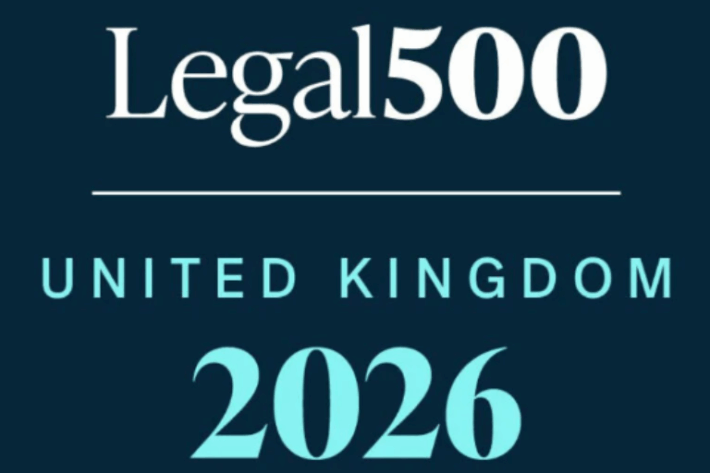What brand owners should know about the Economic Crime and Corporate Transparency Act 2023

The Economic Crime and Corporate Transparency Act 2023 (“ECCTA”) received Royal Assent on 26 October 2023 and is coming into force in phases. It introduces wide-ranging changes to the law with the goal of preventing abuse of corporate structures and tackling economic crime. For brand owners, the new provisions offer a welcome strengthening of the protections against fraud.
Here we summarise four key reforms made by the ECCTA. For a more detailed analysis, please download our full article below.
1. ID verification for directors
The ECCTA introduces a requirement for directors, people with significant control and those acting on behalf of a company to verify their identity. These changes will be introduced in phases over the next year or so.
Following the changes coming into force, an individual acting as a director without ID verification will commit an offence and be liable to a fine, as will any company (and its officers in default) who fails to ensure its directors have verified their identities.
This will make it harder for individuals to set up companies anonymously or using fictitious/fraudulent identities.
2. Appropriate registered office address
All companies must now have an ‘appropriate address’ as their registered office, meaning that a document delivered to the office would be expected to come to the attention of a person acting on behalf of the company, and the delivery would be capable of being acknowledged.
A company and its officers in default will have committed an offence and be liable to a fine if a company fails to comply with this requirement without reasonable excuse.
This ensures companies cannot use PO boxes or innocent third-party addresses as their registered office, which should assist brand owners looking to contact companies in relation to a dispute.
3. Company names
The existing prohibitions on certain company names have been expanded to cover situations where the registration of a name is intended to facilitate the commission of an offence involving dishonesty or deception. It is possible for the Secretary of State to direct a company to change its name in such circumstances, and it will be an offence not to comply with such a direction.
These new provisions allow Companies House to intervene in cases of fraud where it could not previously, potentially reducing the need for brand owners to take further legal action against, for example, companies set up in a similar name for the purposes of counterfeiting their products.
The Company Names Tribunal, set up for dealing with registrations which have been made in order to prevent another person registering the name entirely or to extract money from a person seeking to use the name, has also been affected by the ECCTA. For example, respondents can no longer use certain defences, such as the defence that they are proposing to operate under the name and have incurred substantial start-up costs in preparation, in proceedings at the Company Names Tribunal.
These changes ensure brand owners with goodwill in a name have greater recourse against opportunistic company registrations.
4. Other expanded powers for Companies House
The ECCTA has also created additional powers for Companies House, particularly the ability to analyse information for the purposes of crime detection and prevention and to make disclosures to any person or public authority in furtherance of this aim. Companies House can also now impose a financial penalty on a person who has committed a ‘relevant offence’, which include the offences listed in this article.
Eve Mercer, paralegal at Ionic says:
“The sum effect of these enhanced powers is to minimise the extent to which companies can be used to carry out unlawful activities through increased scrutiny, enhanced information-sharing and the swift imposition of penalties. These changes herald increased collaboration between brand owners, Companies House and law enforcement in matters of fraud.”
Please download our full guide here:
Guide to the Economic Crime and Corporate Transparency Act 2023




